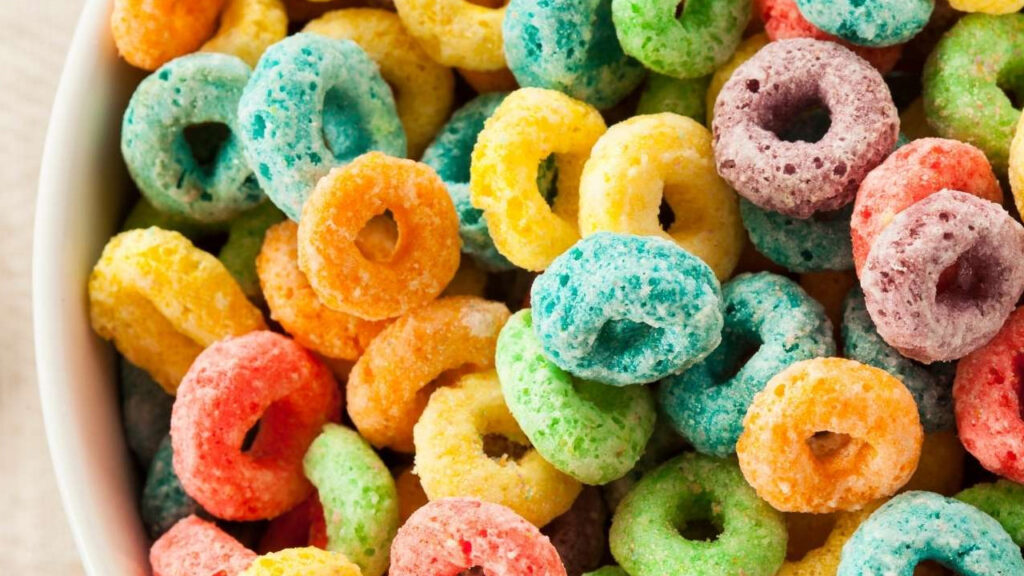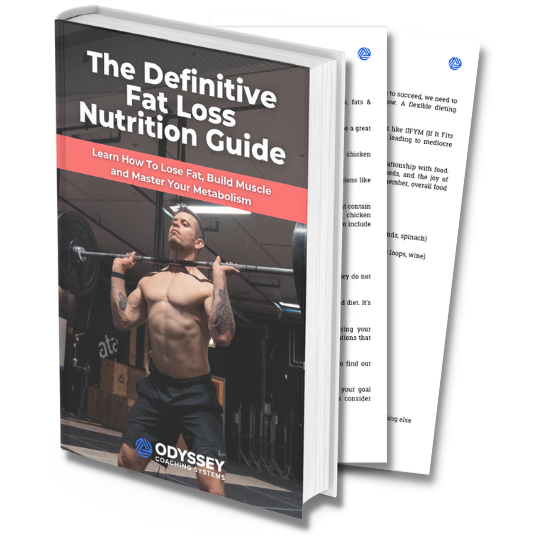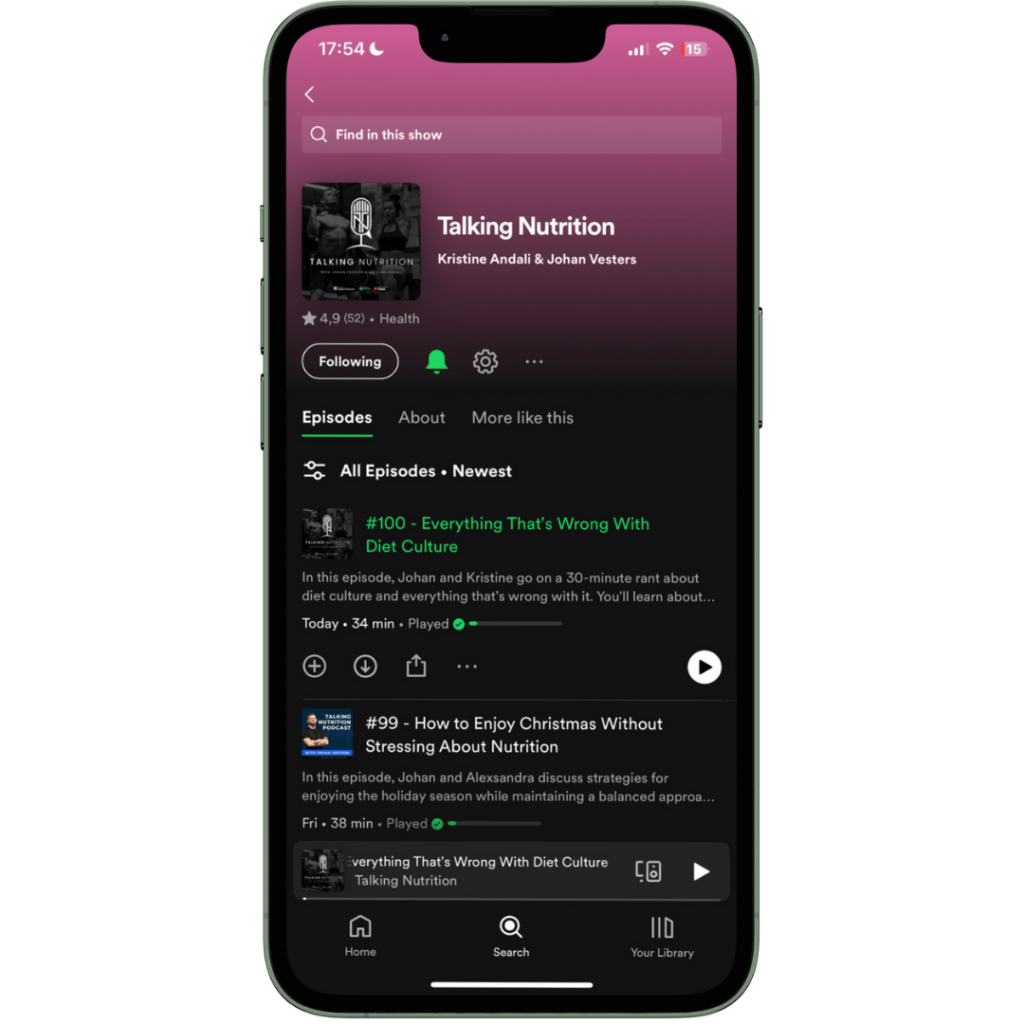Main Take-Aways
1. As long as calories and protein are in check, there seems to be no difference between a flexible, more processed diet and a rigid, minimally processed diet.
2. However the more your diet consists of ultra processed foods, the more difficult it becomes to stick to the diet and control your calories. This is likely because of processed foods being more calorie dense, and relatively low in fiber and protein.
3. You can eat processed foods and still be healthy. By eating mostly minimally processed foods you tick the boxes that make your overall diet ‘healthy’, and you leave plenty of room for the flexible, more processed stuff.
The relationship between us humans eating more and more processed foods, and the ever-increasing worldwide obesity crisis is undeniable.
But does that mean that processed foods are inherently bad for your health? Or is there a time and place for some fun stuff here and there?
There’s a lot of fear mongering around just about anything food related these days.
“Don’t eat this”, “avoid these foods”, “this food is bullshit”, “this food is inflammatory”, “seed oils will kill you”..
It grabs your attention instantly and makes you think “oh so THAT must be why I can’t lose weight”. But is it all true?
In this article we’ll explore if and how you can include some junk food and still be healthy or if you really should avoid these ‘ultra-processed’ foods altogether.
What are processed foods?
It’s easy for foods to get the ‘good’ or ‘bad’ label.
Especially processed foods are often seen as bad, whereas anything unprocessed, or ‘natural’ is almost automatically the healthiest thing in the world.
But reality is that foods aren’t either processed or unprocessed. Instead, foods exist on a spectrum with whole foods on one end, and ultra processed foods on the other.
Whole and minimally processed foods tend to come with more fiber, water, micronutrients, and are more filling.
Highly processed foods are often designed to be as palatable as possible (if you eat more, brands get to sell more), high in calories, relatively low in fiber and micronutrients, and are much less filling.
In between there’s a whole range of different foods which are processed at different levels.
Steak? Processed. Oats? Processed. Yogurt? Processed. Protein powder? Processed.
So.. does that mean that also those foods are ‘bad’?
Do ultra processed foods make you gain weight?
A 2022 review that was published in the European Journal of Clinical Nutrition found a positive relationship between ultra processed food consumption and obesity.
However only one of the studies tested if the ultra processed foods actually caused the higher risk of obesity.
That study found that people gained more weight, but also ate more calories on a more ultra processed diet compared to a more unprocessed diet.
They suggested that the reason people eat more calories on an ultra processed diet was because of a higher sugar intake, and a lower intake of protein and fiber.
But does that mean you HAVE to be on a strict, minimally processed diet to lose weight or at least not gain weight?
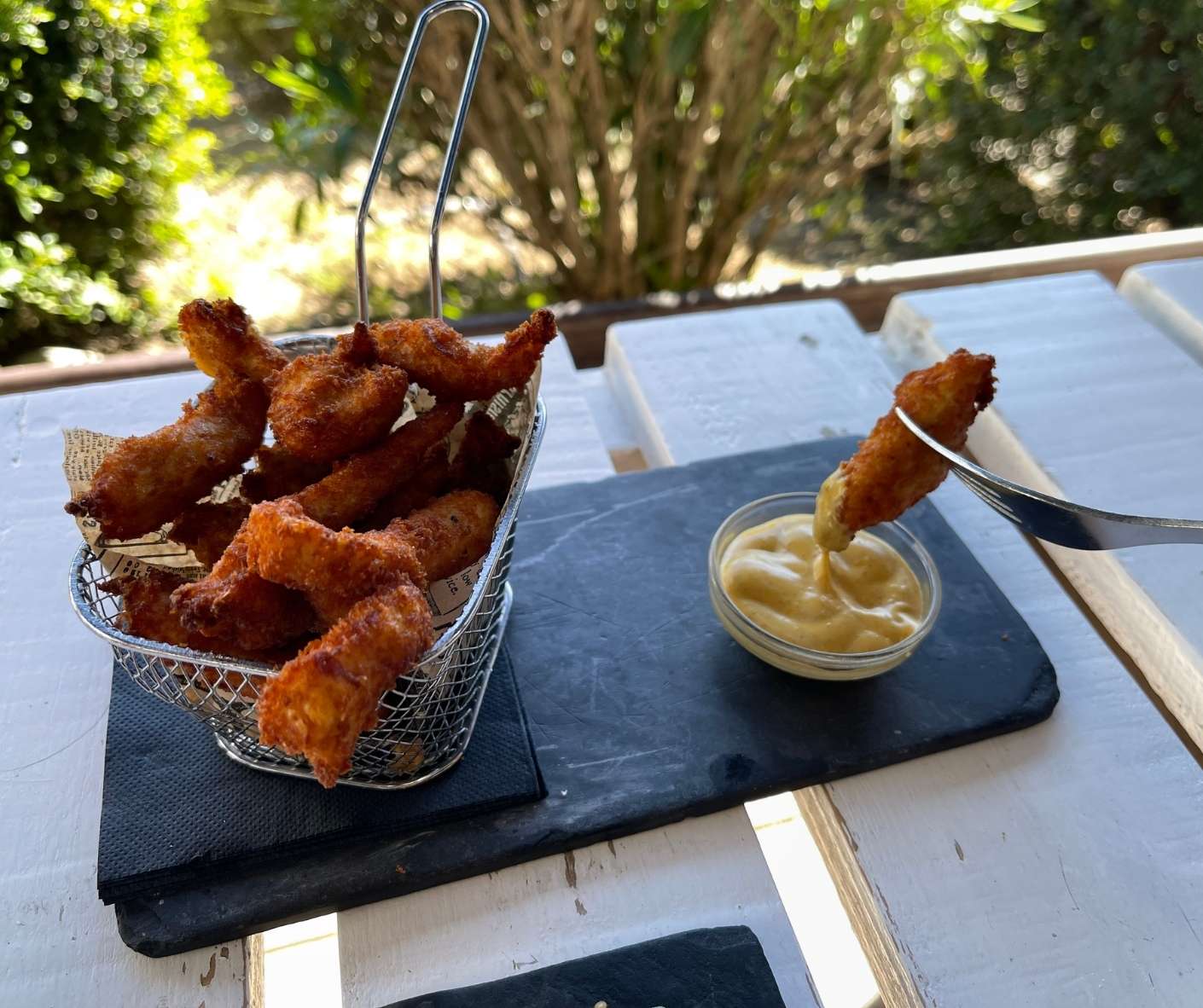
Can you eat a flexible diet including processed foods and lose weight?
Yes, as long as you control calories and protein, you can lose weight just fine.
A 2021 study published in the Journal of the International Society of Sports Nutrition compared a flexible vs rigid diet.
People were put on a 20% calorie deficit with a protein intake of 2g/kg of body weight.
The flexible group was told (and if needed, taught how) to track their macros and keep their calories and protein in check. There were no rules around food groups (carb/fat ratio was open for personal preference) or food choices.
The rigid group got a minimally processed meal plan, with the same deficit and protein amounts. Their plan was set up by a registered dietician.
After 10 weeks there was no significant difference between the two groups. They lost about the same amount of body weight, body fat, and both groups maintained their lean mass well.
This tells us that when calories and protein are controlled, neither a rigid or flexible diet seems to be more or less effective for fat loss than the other.
However, that’s when calories and protein are in check..
⇒ Click here to learn more about how we get our clients results with a sustainable, flexible approach. So you too can reach your goals without cutting out your favorite foods.
Ultra-Processed Diets Cause Excess Calorie Intake and Weight Gain
Let’s quickly recap what you’ve learned so far:
- We know that there’s a relation between ultra processed diets and obesity.
- On more processed diets, people tend to eat more calories.
- This could be because of a higher sugar intake (more calorie dense foods) and a lower intake of protein and fiber (fewer filling foods.
- However when calories and protein are equated, there doesn’t seem to be a difference between a rigid minimally processed diet and a flexible diet including processed foods.
So what if people are left to their own devices?
Time to connect the dots.
A 2019 study had two groups of people live at a facility for a month, where they were fed everything they ate. One group got only ultra processed foods, and the other group all minimally processed foods. Then halfway through the study (after a transition period) they switched so that everyone got to be on both diets.
To see if the difference between the groups would really be because of their diets being ultra or minimally processed, they made sure that things like calories, macros, micros, fiber were the same between the two diets.
Subjects were then fed their breakfast, lunch, dinner. The initial meals were all matched, but they were told to eat as much or as little as possible. Additional snacks were also available at the facility.
The outcome..?
The processed group gained weight, and the unprocessed group lost weight. However there didn’t seem to be a difference in hunger levels.
“Wait… What? NO difference in hunger?”
Yep, here’s why.
The processed group ended up eating about 500 calories (from carbs and fats) more than the minimally processed group. So sure, their hunger levels were the same. But only because they had to eat so much more to feel satisfied, that they gained weight.
So what can we take away from all of this?
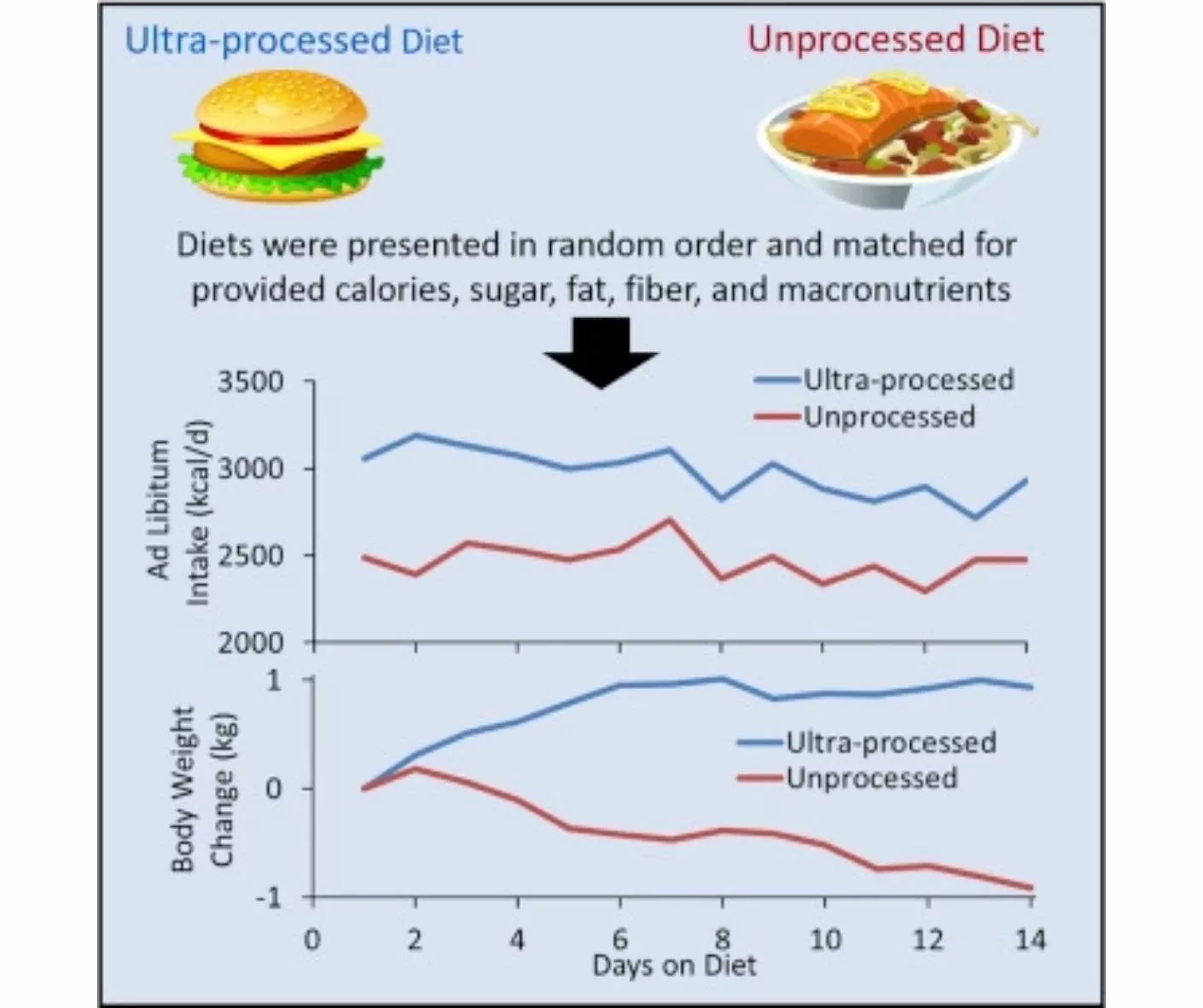
Minimally Processed vs Ultra Processed Foods – The Verdict
Do you have to be on a rigid ‘clean’ diet to lose weight?
No. Science shows that you can eat a flexible diet and lose weight just fine. However, that’s if you control your calories and protein.
Are you making it more difficult for yourself if the majority of your diet is made up from processed foods?
Yes. Because even with your calories and protein covered, you’ll still be more hungry. This in turn increases the risk of ‘falling off’ and overeating.
So, how can you eat processed food and still be healthy?
Just eating ‘clean’ all the time is unnecessary and equally difficult to stick to as a mostly processed diet. This is where the 80/20 rule comes in. By eating mostly minimally processed foods, you tick the boxes to make your overall diet healthy and leave plenty of room for the flexible, more processed stuff.
Processed foods have their time and place. They’re convenient, often inexpensive, have a long shelf-life..
Plus let’s not forget that even though it might not all be great from a micronutrient perspective, food processing has made food more accessible worldwide.
Again we need to look at the context, and not just think black or white.
Pizza, burgers, ice cream.. None are inherently ‘bad’ or fattening. Apples, broccoli, chicken.. Neither will make you lose weight on its own.
It’s not these single foods (or ingredient) that make your diet ‘good’ or ‘bad’.
Instead it’s the overall ratio of minimally processed vs processed foods that will determine the quality of your overall diet and how well you’ll be able to stick to it.
I hope you enjoyed this article and that you learned something new. If you want I’d love to send you a free copy of my e-book ‘The Definitive Fat Loss Nutrition Guide’! It teaches you everything you need to know to effectively lose weight and finally keep it off too. Drop your email down below and I’ll send it over right away.


